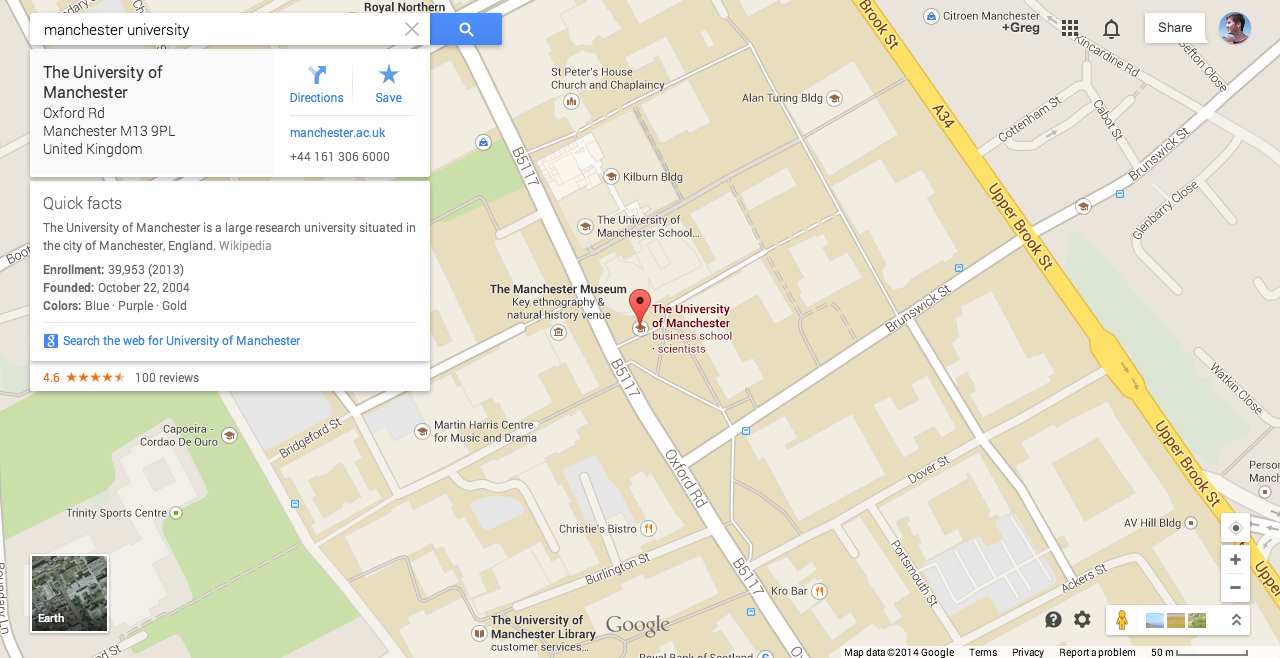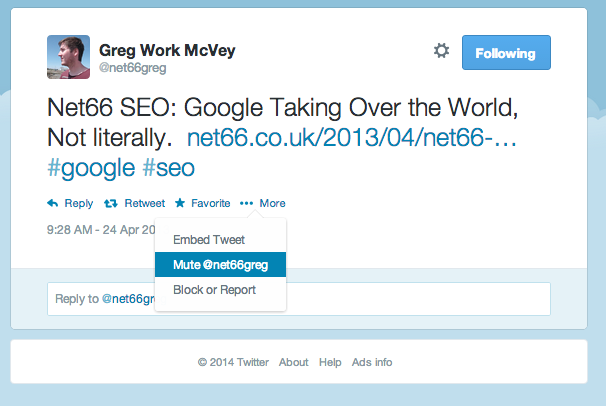A recent court ruling in the European Union has directed search engines to receive requests from people to remove users’ personal information if the information is found to be outdated or detrimental to the person concerned.
Popularly referred to as the Right to be Forgotten ruling, it states that a person is now able to submit an information removal request to a search engine. However, the search engine is not actually bound to act upon such a request to remove personal information. The person does have the right to appeal to an government authority upon the refusal of the search engine. Most of such removal requests will probably refer to a person’s actual name in some form, and modification keywords may or may not be entertained.
Of note is the fact that a person’s information will continue to exist online even if it is removed from a search engine, as the search engine merely links to the web page that is hosted on a separate web server. However, it will be more difficult to find online.
The the EU court seemed concerned that with the current state of search engines, it is may be easy to effectively pull together a profile on people in a way that might violate the rights of privacy. By removing links from Google and other search engines, it is much more difficult for private information to be found .
But things may not be so simple. If something is deleted from Google, it may still be found on other search engines such as Duck Duck Go or Bing. Someone should apply to any and all search engines in order to minimise the footprint of information online. The search engine must also have some sort of presence in a country of the EU. If the search engine operates completely out of the EU without offices or servers there, it can probably ignore any request.




